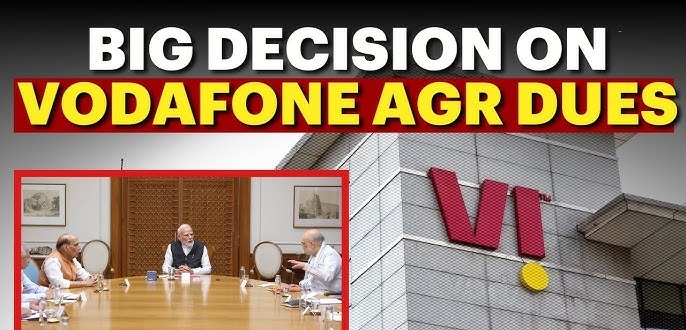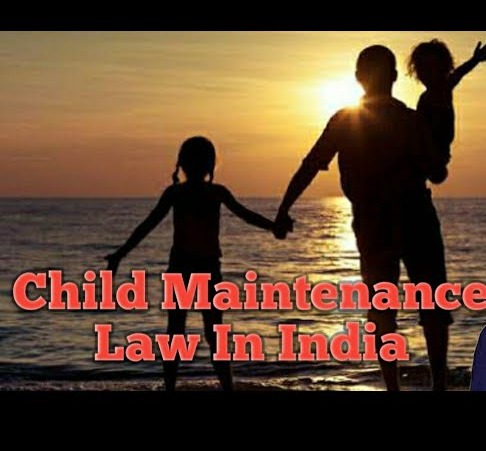V. Kameswar Rao, J.@mdashThe challenge in the writ petition is to the order dated October 14, 2013 passed by the Central Administrative Tribunal (the Tribunal) in OA No. 1456/2003 and order dated December 04, 2013 in Review Application No. 359/2003 in O.A. No. 1456/2003 whereby the Tribunal has disposed of the Original Application with a direction to the respondents to consider the claim of the petitioner in the light of the decision of the Tribunal in O.A. No. 324/1997 as per his seniority subject to his suitability and availability of posts in Group ''D'' and further dismissed the Review Application filed by the petitioner. The brief facts are that the petitioner was engaged as a casual worker in respondent No. 2 organization in the year 1986 when he worked for a period of 57 days. He was continued to be engaged as casual labour for subsequent years in the manner specified as under:-
1987 287 days
1988 189 days
1989 207 days
2. He was disengaged from work in the year 1989. He filed an O.A. No. 1580/1990 wherein an interim order was passed against the respondents to engage him if vacancies are available and his juniors are working. During the same time a large number of casual workers filed several Original Applications and the lead one being O.A. No. 1489/1990 wherein the Tribunal has inter alia directed to prepare a fair scheme confirming those who have worked for 240 days and more, including broken period of service and would include not only those who were in position on the date of pronouncement of the order but also others.
3. On August 25, 1994 the O.A. No. 1580/1990 filed by the petitioner was disposed of with a direction to engage him as and when work is available in preference to persons with lesser length of service as casual worker. The Government of India formulated a scheme dated September 10, 1993 to regularise and grant temporary status to casual workers on the conditions laid therein. A list was prepared wherein his name was not included but subsequently his name was shown as serial No. 55 as a non-eligible worker. In the year 1995, 14 casual workers were regularised which gave a cause for the petitioner to file a fresh Original Application which was registered as O.A. No. 324/1997 for non-inclusion in the list and regularising 14 casual workers who were junior to him except Smt. Ram Pyari. The Original Application was decided on April 21, 1998 wherein a direction was given to re-engage him and regularise him if the work is available and no person senior to him is waiting and further to grant temporary status and regularise him with an observation that non-inclusion of the name of the petitioner at serial No. 55 in the list of persons not eligible for regularisation is clearly arbitrary. The directions of the Tribunal in order dated April 21, 1998 are reproduced hereunder:-
In view of the above discussion, the inclusion of the name of the applicant at Sr. No. 55 in the "Revised Panel of Daily Wagers who are not eligible for regularization" is clearly arbitrary. The respondents are directed to consider the entire service of the applicant, ignoring the provision that he was not in position on the date of promulgation of the scheme. They shall consider him initially for temporary status and eventually for engagement for temporary status and eventually for engagement as a casual labour on the basis of his seniority provided work is available. If work is available and no person senior to him is waiting to be engaged, he shall be engaged and his services as a casual Labourer before his engagement shall be considered for conferring other benefits like regularizations and absorption in Group D. It is obvious that the applicant shall be preferred over juniors and outsiders and for this purpose, all his earlier services shall be counted. The OA is disposed of as above. No costs.
4. After protracted litigation the petitioner was granted temporary status on September 29, 2000. Since the petitioner was still not regularised he filed a further O.A. No. 1456/2003 primarily on the ground that 14 juniors have marched over him to the Group ''D'' post and he has been overlooked. The said Original Application was ultimately decided by the impugned order dated October 14, 2003 wherein the Tribunal in para 9 and 10 holds as under:-
In OA 324/1997 applicant''s name though figured in the list of non-eligible daily wagers for regularization was struck off and it had been directed to consider the entire service of applicant, ignoring the provision that he was not in position on the date of promulgation of the Scheme. Keeping in view the aforesaid, applicant was conferred upon temporary status, but the fact remains that those who were subsequently reengaged have rendered more service than applicant he cannot be treated senior to them. These persons continued from 1989 till regularization on casual basis, whereas applicant was dis-engaged. However, keeping in view his number of days service rendered by him and length of service, ignoring the cut off date, he has been placed in the list and would be considered on availability of Group ''D'' post for regularization/absorption on permanent basis in regular establishment. The contention of applicant that 19 persons who have been accorded regularization are juniors to him, cannot be countenanced. Although no formula for assigning seniority is laid down by the Government, yet the criteria adopted by the respondents does not suffer from any illegality or is discriminatory in violation of Articles 14 and 16 of the Constitution of India.
10. In the result, for the foregoing reasons, OA is disposed of with a direction to the respondents to consider claim or applicant in the light of the decision of the Tribunal in OA 324/97 as per his seniority, subject to his suitability and availability of posts in Group ''D''. No costs.
5. The petitioner''s challenge in this writ petition is to the conclusion of the Tribunal that persons who have been regularised except Smt. Ram Pyari were senior to the petitioner as they have rendered more service on November 25, 1995. The respondents in their counter reply have defended the Tribunal''s order and stated that the seniority of casual worker is formulated on the criteria of number of days rendered by him in service on casual basis and the seniority cannot be reckoned from the initial date of his engagement.
6. The short question which arises for our consideration is that the seniority shall be reckoned on the basis of initial date of engagement or in terms of number of days worked.
7. It has come on record that the petitioner was engaged in the year 1986 and disengaged in the year 1989. It so happened that casual workers who were working in the year 1989-1990 continue to work in the respondent No. 2 organization. On the premise they were working, it appears that they were regularised. The direction of the Tribunal was to consider the case of the petitioner in the light of the observation of the Tribunal in earlier O.A. No. 324/1997 as per his seniority subject to suitability and availability of post in Group ''D''. The petitioner being not satisfied with the directions of the Tribunal filed a Review Application which was dismissed vide impugned order dated December 04, 2003. In terms of the date of initial engagement the petitioner stands senior to the persons who have been regularised. Unfortunately because of his disengagement he could not work as a casual worker for the subsequent period and the same cannot be taken against him. It is not a case where he was not willing to work. In fact, he filed an O.A. No. 1580/1990 wherein the Tribunal had given interim directions in favour of the petitioner that he may be engaged if vacancies are available and juniors are working. Despite directions he was not re-engaged. Further for the purpose of reiteration suffice would it be to state that the Tribunal has in clear terms held that "the respondents are directed to consider the entire service of the applicant including the provision that he was in position on the date of promulgation of the scheme".
8. We do not see any reason why the initial engagement should not be treated as a yardstick to determine the seniority of a casual worker specially in the facts of the case when inasmuch as the casual labour workers'' services have been regularised were engaged only in the year 1989 as against the petitioner who was engaged in the year 1986. Even though the Tribunal''s directions in the impugned order dated October 14, 2003 are to the extent that the respondents to consider the claim of the petitioner in the light of the decision of the Tribunal in Original Application as per his seniority subject to his suitability and availability of post in Group ''D'', we clarify that the seniority has to be determined in terms of what we have stated above. In this regard we refer to the observations of the Supreme Court in the case reported as
To avoid violation of Article 14, the scientific and equitable way of implementing the scheme is for the Railway Administration to prepare, a list of project casual labour with reference to each division of each railway and then start absorbing those with the longest service. If in the process any adjustments are necessary, the same must be done. In giving this direction, we are considerably influenced by the statutory recognition of a principle well known in industrial jurisprudence that the men with longest service shall have priority over those who have joined later on. In other words, the principle of last come first go or to reverse it first come last go as enunciated in Section 25-G of the Industrial Disputes Act, 1947 has been accepted. We direct accordingly.
9. It goes without saying that the suitability and the availability of posts are necessary conditions for regularisation of the petitioner. We allow the writ petition in terms of the above. The respondents are directed to consider the case of the respondents for regularisation with effect from the date persons junior to him have been regularised. He would be entitled to the counting of service for all purposes except arrears of pay. No costs.

